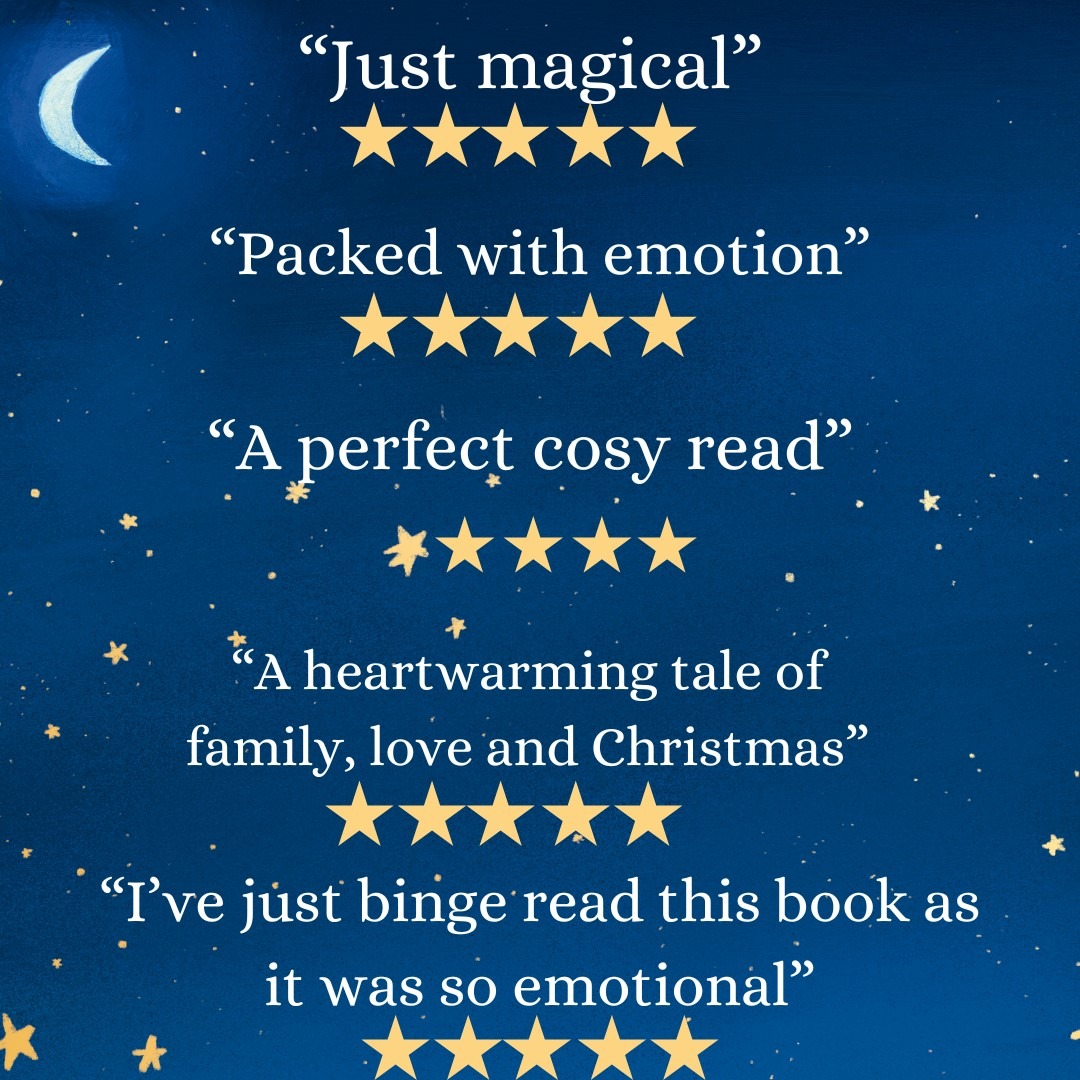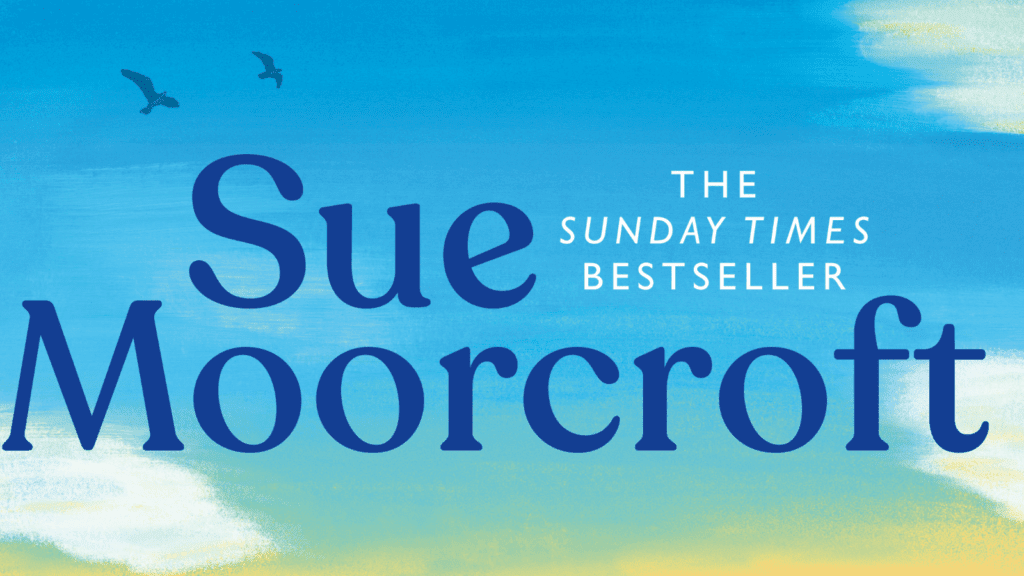This is the 22nd of 25 blog posts to celebrate my 25th published novel, A Skye Full of Stars. Here, I offer writing advice on how to inject life into characters through acting, reacting, and interacting.
Occasionally, I can see there’s no life in a scene. My characters aren’t acting the story out in a natural and logical way. It’s down to me to make them and I do this by making sure they act, react and interact.
React. I check that this will make my character do this or say this or feel like that. Then I check those reactions are in character because different characters react differently to the same incident.
React emotionally. Let’s take Charlie and Darren. Darren gives Charlie the bad news that Charlie’s wife has left. She’s taken the children. She’s asked Darren to tell Charlie that Charlie will never see any of them again.
Charlie should react to every blow that Darren deals with:
- his words
- his inner feelings/emotions
- his physical manifestations of those inner feelings/emotions
- actions
Perhaps Charlie’s a decent bloke and literally has no idea why his wife has done these things. How does he feel? Shocked? Horrified? Hurt? Desperate? What are his inner feelings? Does his heart sink? His guts twist? NB These are terms I use literally but they’re similes. People feel as if their hearts are sinking and their guts twisting but actually the organs remain in place. However, humans do have physical manifestation of emotion, so I make Charlie break out in a sweat or his hands begin to shake, too.
Or maybe Charlie’s a drunken abuser. He knows exactly why his wife has taken refuge – she’s protecting herself and the kids from his fists and feet, from his vicious tongue, from a life of fear. Is he glad she’s gone so he doesn’t have to listen to her whining about him spending the family income on beer? Or is he furious and vengeful that she thinks she has the right to live her own life and abandon him to his? Do his shoulders relax in relief? Or his hands curl into fists as red edges his vision?
React via action. What action does Charlie take next? Does he cry on Darren’s shoulder? Biff him on the nose? Sit down with pen and paper to list all the places his wife might have gone? Cancel all the credit cards? A lot depends on who Charlie is and Darren’s real role in the story (because I’m wondering about Darren, to be honest). But Charlie will do something.
Interact. If Charlie knows Darren’s in some way responsible for the disaster, he might just give him that biff on the nose and storm out in silence but it’s more likely that his actions and reactions will include dialogue. Use of dialogue’s one of the best ways I know of creating interaction. If Darren says, ‘Sorry, mate. Your wife and kids are on their way to a new life in another country,’ no matter how many inner feelings and physical manifestations I give Charlie, it’s going to be natural for him to say something. ‘She can’t have!’ or ‘But … why?’ or ‘Don’t be stupid,’ or ‘You liar!’ or ‘That bitch!’ are all starting points for Charlie’s verbal reaction. He might take action first by piling into Darren with a biff, biff, biff but the’s more likely to first ask, ‘And what the hell do you know about it?’ Combining Charlie’s words with his emotions, inner feelings, physical responses, actions in reaction to whatever Darren says or does causes interaction and rescues the scene for me.
NB All of the above is based on me writing the scene from Charlie’s viewpoint. If I wrote it from Darren’s perspective then we’d get his thoughts and emotions and see Charlie’s reactions through his eyes – Charlie’s skin draining with colour or reddening with rage, tears boiling from his eyes or teeth gritting with rage. Maybe Darren would read Charlie’s clenched fists in time and avoid the biff on the nose.
NB2 If I’m really not ‘getting’ Charlie to the extent that I have trouble making him act, react and interact I write the scene first person, to burrow deeper under his skin. Then I convert it to third person (because that’s how I write my novels) but make sure I keep every thought, word, sinking feeling, sweaty palm and biff on the nose.
A Skye Full of Stars is out now!



